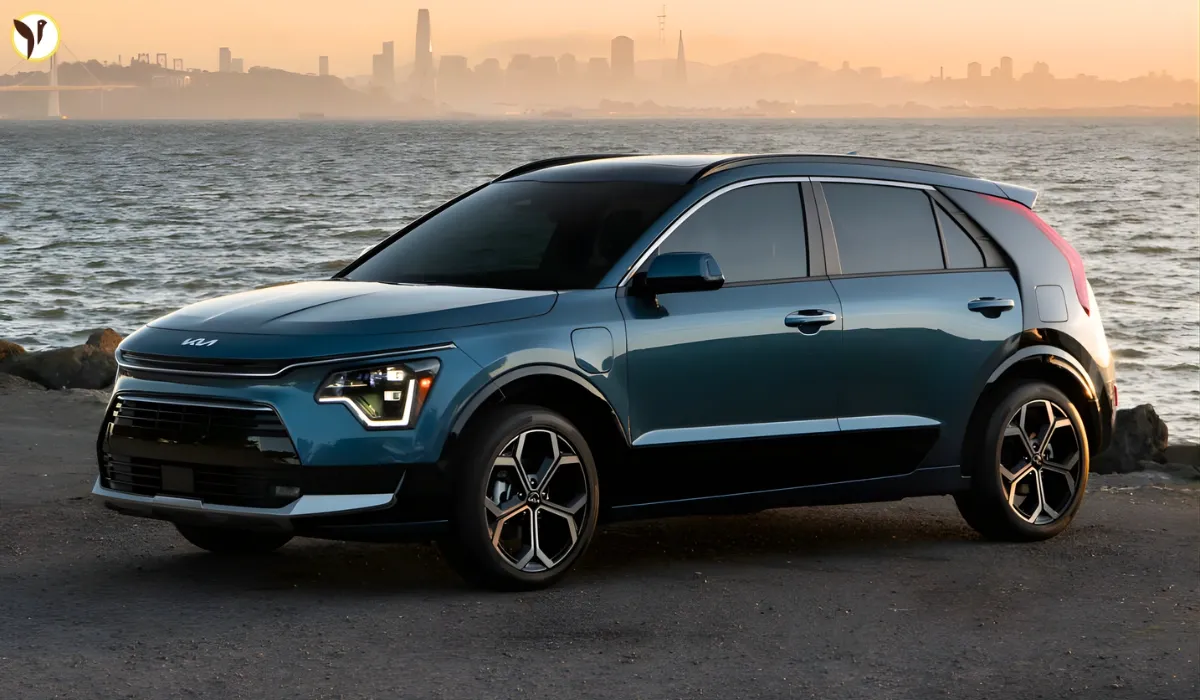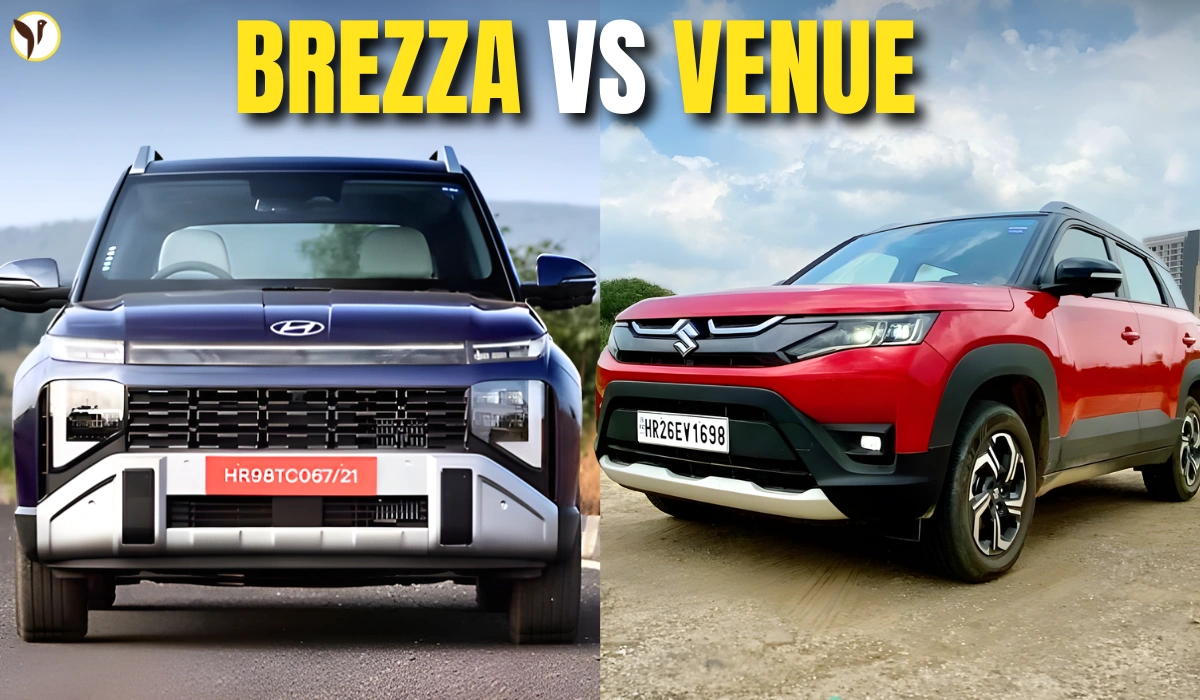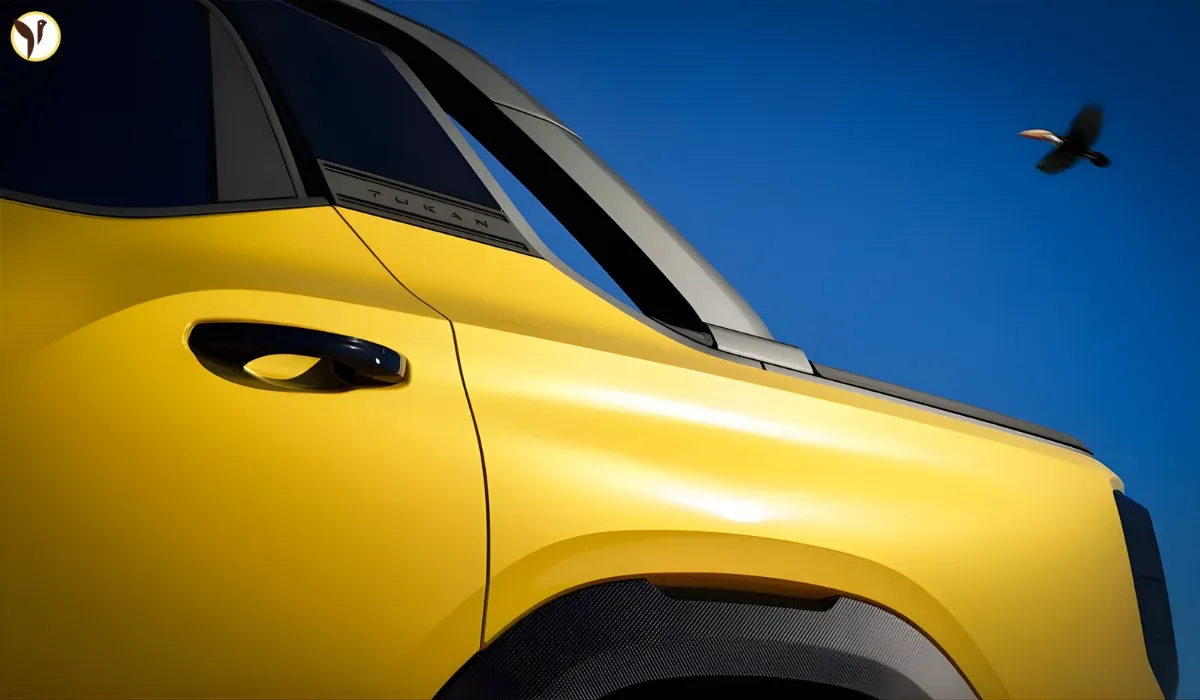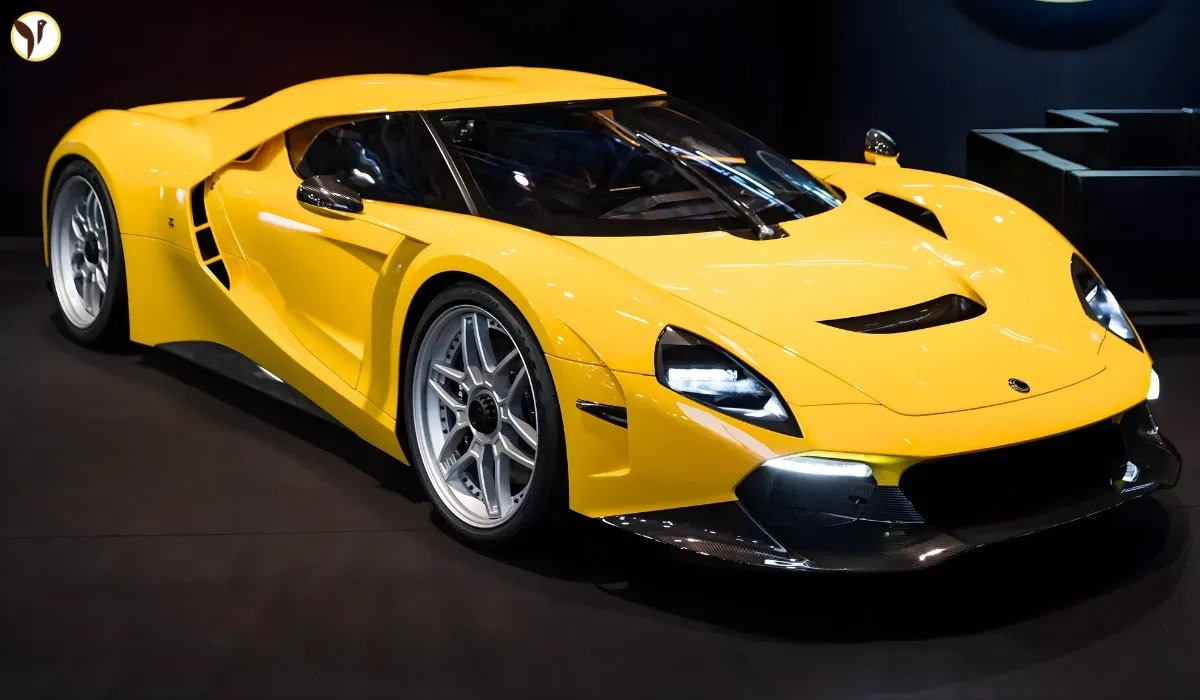If you've recently given up on the Chevy Bolt, I have some great news—GM is reviving the Bolt, and this time around, it will feature a smarter, more future-proof soul. Production for the next-gen Bolt EV is set to begin in late 2025 at GM's Fairfax assembly plant in Kansas. This new Bolt won't simply run on the our old recipe—it's built on GM's new Ultium EV platform, already on the Chevy Bolt, Cadillac Lyriq, and other more expensive vehicles. What's even more exciting is that it will be one of the first American EVs to utilize LFP (lithium iron phosphate) battery chemistry. In case you're wondering, LFP battery chemistries are cheaper, more stable, and they charge better over time—without an added risk of fire or overheating like some lithium-ion packs. This switch not only allows for a car less expensive for everyday peope, it gives prospective buyers a peace of mind when building for the future. GM is hinting that this new Bolt will feature way more modern tech in the cabin and the driving experience. Clearly, they didn't just bring back the name, they have broader plans for the Bolt for a post-Tesla market.
Range and Price Make This EV a Real People’s Champion
Chevrolet recognizes its place in the EV market - the new Bolt is not trying to be a luxury spaceship; it is trying to be your next smart, no nonsense commuter that is affordable. According to General Motors Insider information, the next generation Bolt could deliver an EPA rated about 300 miles, all thanks to better battery chemistry & efficiency - that would be a pretty significant jump from the 259-rated range of the last generation Bolt. The best part? It is expected to start around $30,000. This pricing makes it a very usable and dependable EV, especially considering it is also likely the most affordable. Recommendation for high-priced electric SUVs like the Blazer & Equinox - who can afford them, especially young professionals or families? That is why the Bolt is the real win-win story in all this, and there are still federal tax credits available for many buyers, assessing closer to the $25K price tag, depending on eligibility. And yes, it is tangible affordability, but it does need to be practical; So, GM knows many Americans would like to have an attractive range, fast charging, good cabin space, and a reliable name they know.

Designed for Everyday Life, Not Just Headlines
So what's it going to be like inside this new Bolt? While we don't truly know just yet, GM is going to completely overhaul the interior with a digital-first, user-centric design. Bigger screens, stylish graphics, wireless Apple CarPlay and Android Auto (which you can't find even on some of GM's more premium EVs (and maybe built-in Google services). But the Bolt is going to mainly focus on practical comfort—room for five, a useable hatchback, and advanced driver assist features including lane-keeping features, adaptive cruise control, and likely Super Cruise which allows for hands-free highway driving. When looking at the early photos, we notice a cleaner, more upright crossover shape a lot closer to the outgoing Bolt EUV. That is not by accident as Americans love SUVs and Chevy knows this. Odds are we see a higher ride height, beefier proportions, and better sight-lines all to make it a natural city and suburban commuter. Charging speed is still being finalized, but industry experts predict it will have fast-charging capabilities around the 150 - 200kW sweet-spot which means around 100 miles of range (in 10-15 minutes). That is a huge selling point if you are rushing off to work or taking a road trip across America.

Quick Specs Table: Next-Gen Chevy Bolt EV
| Feature | Specification |
| Plant | Fairfax Assembly, Kansas |
| Production Begins | Late 2025 (2027 model-year) |
| Platform | Ultium BEV2 with LFP battery |
| Estimated Range | Near 300 miles EPA |
| Charging | Faster AC & DC—likely 150–200 kW |
| Estimated Starting Price | Around $30,000 |
| Body Style | Compact crossover/hatch (EUV-style) |
| Notable Additions | Upgraded infotainment, safety tech, design refresh |
Why the New Bolt EV Matters More Than You Think
This isn't merely a model update, it's the strategic shift we've been waiting for from Chevrolet and GM in a difficult EV market. With prices shooting up and consumers becoming more hesitant about embracing too much tech or hype, the Bolt arrives as a relatively low-cost, simple, utilitarian product that matches the aspects of American values: practicality, reliability, and value. It also reinforces the message about producing it U.S.-made, in Kansas, which is a good move, both politically and economically. GM is also one of the first true mainstream EVs and will help normalize LFP batteries in the U.S—very common in China, by the way. And let's not kid ourselves, the Bolt has definitely had a following. People liked the way the nimble size felt, they liked the low cost, but mostly they liked that it just worked. The new Bolt doesn't need to be revolutionary—it just has to be better. And from what we can see it's going to be a very nice leap forward. Production will be slated for late 2025, so expect more full specs, pricing, and test driving reports by mid 2026. If you have been looking for a reliable, reasonably priced EV without a bunch of bells and whistles, the Bolt may be the best option out there.
Source(Image / Thumbnail): caranddriver









